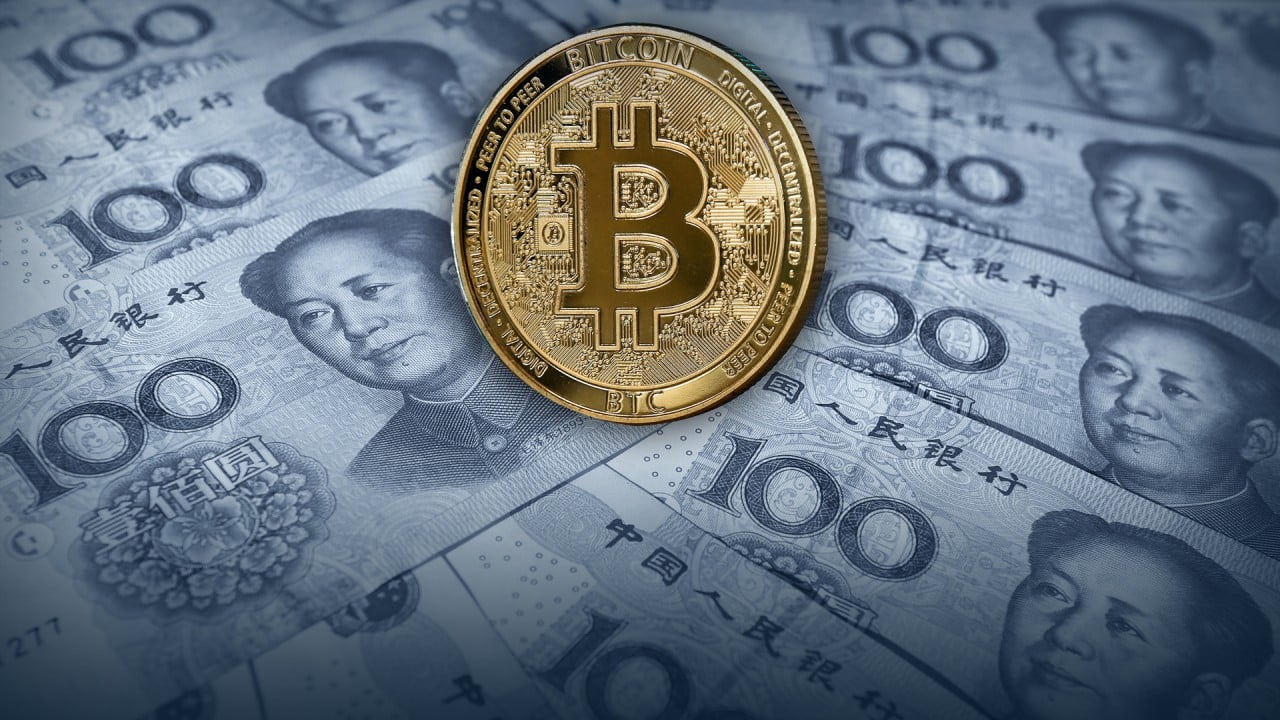The Hong Kong Securities and Futures Commission has granted initial approval to 11 cryptocurrency exchanges to continue operating in the city, in the first step towards granting the first virtual asset trading platform (VATP) licences since 2022.
Crypto.com, which was founded in Hong Kong and now operates out of Singapore, is the largest of the exchanges “deemed to be licensed”. The city currently has just two exchanges approved to serve retail customers, with HashKey being the last to get a licence in 2022 under the previous voluntary scheme.
Under the new regulations passed last year, the deeming arrangement is required for exchanges to continue operating in the city as they await full approval of their licences past June 1, by which point exchanges not seeking a licence were required to cease operations.
Crypto.com is the only exchange in the top 20 by 24-hour trading volume, as measured by CoinGecko, that is still seeking a licence in Hong Kong. The next largest exchange deemed to be licensed is Bullish, which is incorporated in Gibraltar but also operates out of Singapore and New York.
Michael Lau, global head of sales at Bullish, called Hong Kong “an important jurisdiction as a top-tier financial hub” for the company.
“We are excited to play a leading role within the industry,” Lau said, “and bring international guests to see for themselves the innovation, energy, and progress that Hong Kong’s digital assets and Web3 industry is making at a global level.”
There are still six VATP operators seeking a licence with no status update on the SFC’s website.
The deeming arrangement approvals come just after several exchanges withdrew their applications for a licence under the new virtual asset scheme, which the Hong Kong government hoped would provide the regulatory clarity needed to transform the city into a crypto hub on par with the likes of Singapore or Dubai.
Most of the exchanges that have pulled out had ties to mainland China, where they were founded but left after Beijing’s crackdown on the digital tokens. These include local affiliates of major exchanges such as OKX, Binance, HTX, KuCoin, Gate.io and most recently Bybit, which withdrew on May 31.
The withdrawals raised questions about the progress of Hong Kong’s pivot to attract crypto business to the city, an effort it kicked off at the end of 2022. In an opinion piece published by the Hong Kong Economic Journal on Saturday, Legislative Council member Duncan Chiu, who represents the information technology sector, wrote that the withdrawals had “shaken market confidence” in local Web3 development.
On Sunday, the financial authority of Shenzhen, the city just north of the Hong Kong border, issued a warning about speculation in cross-border cryptocurrency trading.
Cryptocurrencies do not have the same legal status as fiat currency, and activities related to the assets are illegal and subject to criminal liabilities, the Shenzhen Local Financial Supervision and Administration Bureau said in a notice published to its website. The regulator noted a recent uptick in crypto-related fraud, which it said poses serious danger to Chinese citizens.


